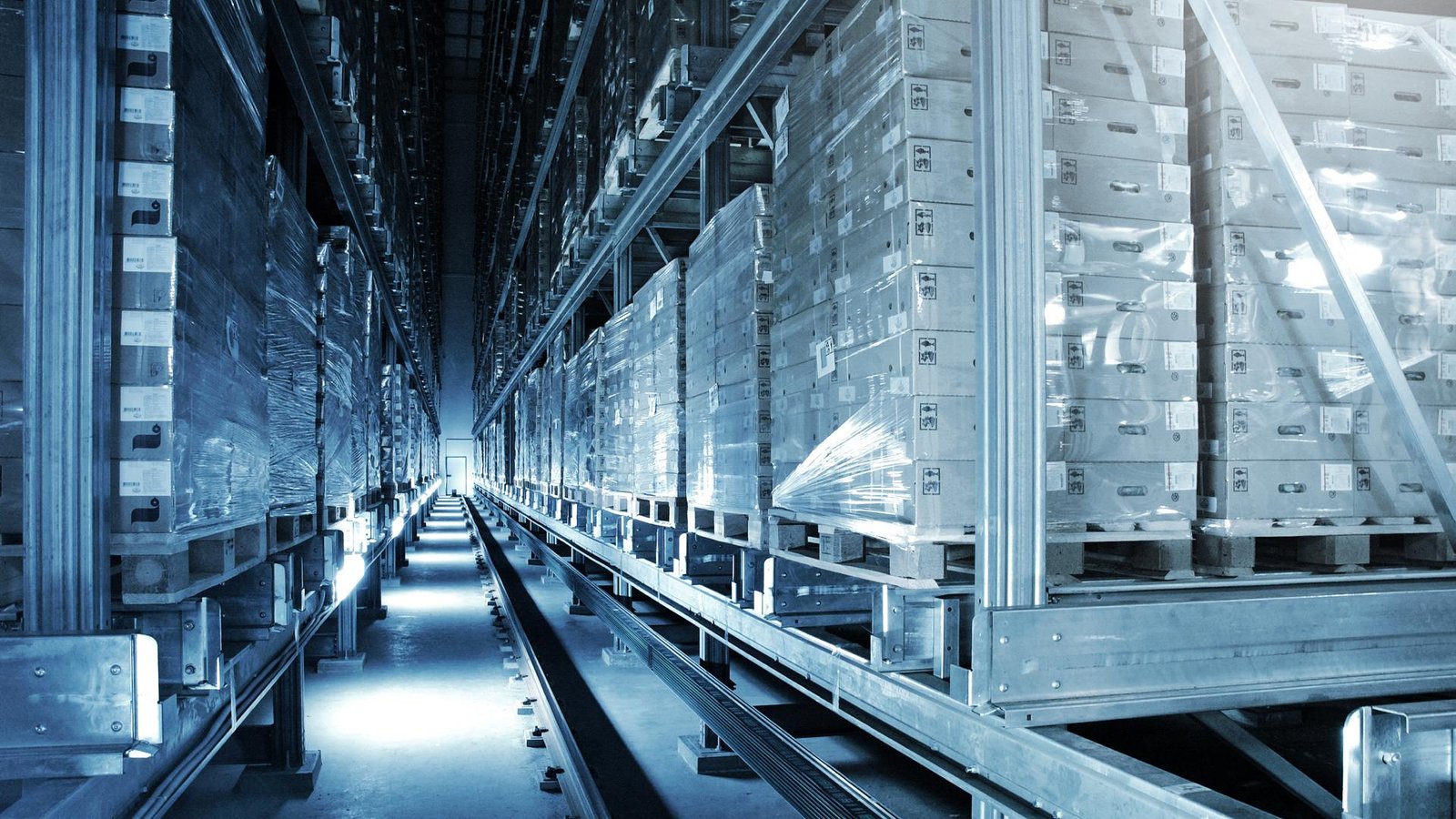Walk into any modern hospital, and you’ll see medical products everywhere—surgical instruments, diagnostic kits, implants, and more. What patients and even many healthcare professionals don’t see is the journey those products make before reaching the hospital shelves. That journey isn’t simple. In fact, for many of these products, it’s a delicate process that requires strict environmental control. This is where cold chain storage solutions play a critical role.
Cold chain systems are often associated with vaccines, but their importance goes far beyond that. A wide range of medical devices and products rely on controlled temperature environments to remain effective and safe. Without these systems, the entire healthcare chain would be at risk.
The Role of Cold Chain in Healthcare
Medical products are designed to help save lives, but they can lose their integrity if not stored under the right conditions. Temperature fluctuations, excess humidity, or contamination can render them unsafe or unusable. Unlike ordinary consumer items, these aren’t just objects—they are tools that directly impact patient outcomes.
Cold chain storage provides the kind of precision and protection that ensures medical products stay reliable. It’s not just about refrigeration; it’s about creating a carefully monitored environment where nothing is left to chance.
Protecting Patient Safety
At the heart of cold chain storage is one principle: patient safety. Every device or product eventually touches a patient’s life, whether it’s a diagnostic test guiding a treatment decision or an implant supporting long-term recovery.
If these products are compromised due to improper storage, the impact can be serious. Cold chain solutions minimize that risk by keeping medical products within their required temperature and humidity range, from the moment they leave the manufacturer until they reach the hospital or clinic.
For patients, this unseen layer of protection ensures that the devices or materials used in their care will function exactly as intended.
Meeting Stringent Regulations
The medical industry operates under some of the most demanding regulatory standards in the world. Compliance doesn’t stop at manufacturing—it extends through storage and transportation as well. Cold chain storage systems are built with these regulations in mind.
Facilities are equipped with monitoring systems, automated alerts, and strict documentation processes. This ensures that if regulators review how products were stored or moved, there’s a transparent, traceable record at every stage. For healthcare providers and manufacturers alike, this accountability brings reassurance and credibility.
Precision in Transportation
Storage is only one piece of the puzzle. Medical products also need to travel—sometimes across regions, sometimes across borders. Transporting them without exposing them to environmental risks is a challenge, and that’s where cold chain logistics extends its value.
Specialized packaging, insulated containers, and refrigerated vehicles keep conditions stable during transit. GPS-enabled tracking and real-time monitoring provide visibility, so if an issue arises, corrective action can be taken immediately. This attention to detail ensures that products arrive in the same condition they were stored in—ready for use.
Enabling Innovation
The pace of medical innovation is accelerating. From advanced implants to minimally invasive surgical tools, many of today’s medical products are highly sensitive to environmental conditions. Without cold chain infrastructure, introducing these breakthroughs into healthcare systems would be far more difficult.
By supporting safe distribution, cold chain solutions allow new technologies to reach hospitals and clinics quickly and securely. In this way, logistics doesn’t just support healthcare—it helps drive its progress.
Building Trust Across the System
Trust is the foundation of healthcare. Doctors trust that the devices they use will function properly. Patients trust that their treatments are safe. Manufacturers trust that their products will be handled with care once they leave the factory.
Cold chain storage plays a vital role in building and maintaining that trust. By ensuring reliability at every stage, it provides confidence to everyone involved in the healthcare chain. That reliability often goes unnoticed, but without it, the system wouldn’t function as smoothly as it does.
The Future of Cold Chain in Healthcare
Looking ahead, the demand for cold chain storage will only grow. With global supply chains expanding, new therapies emerging, and healthcare needs becoming more complex, precision logistics will be more important than ever.
Technologies such as IoT sensors, AI-driven monitoring, and blockchain records are already being integrated into cold chain systems, offering greater transparency and accuracy. These innovations will help ensure that the future of medical logistics is not just reliable, but also smarter and more adaptive.
Conclusion
Cold chain storage may not be the most visible part of healthcare, but it is one of the most critical. By protecting medical products from the risks of temperature swings, contamination, or mishandling, these systems safeguard patient safety, uphold compliance, and support the seamless delivery of care.
In the end, cold chain storage is about more than equipment and monitoring—it’s about people. It’s about ensuring that when a doctor reaches for a device or a nurse prepares a treatment, they can do so with complete confidence. And that makes cold chain solutions an essential, if often unseen, guardian of modern healthcare.



